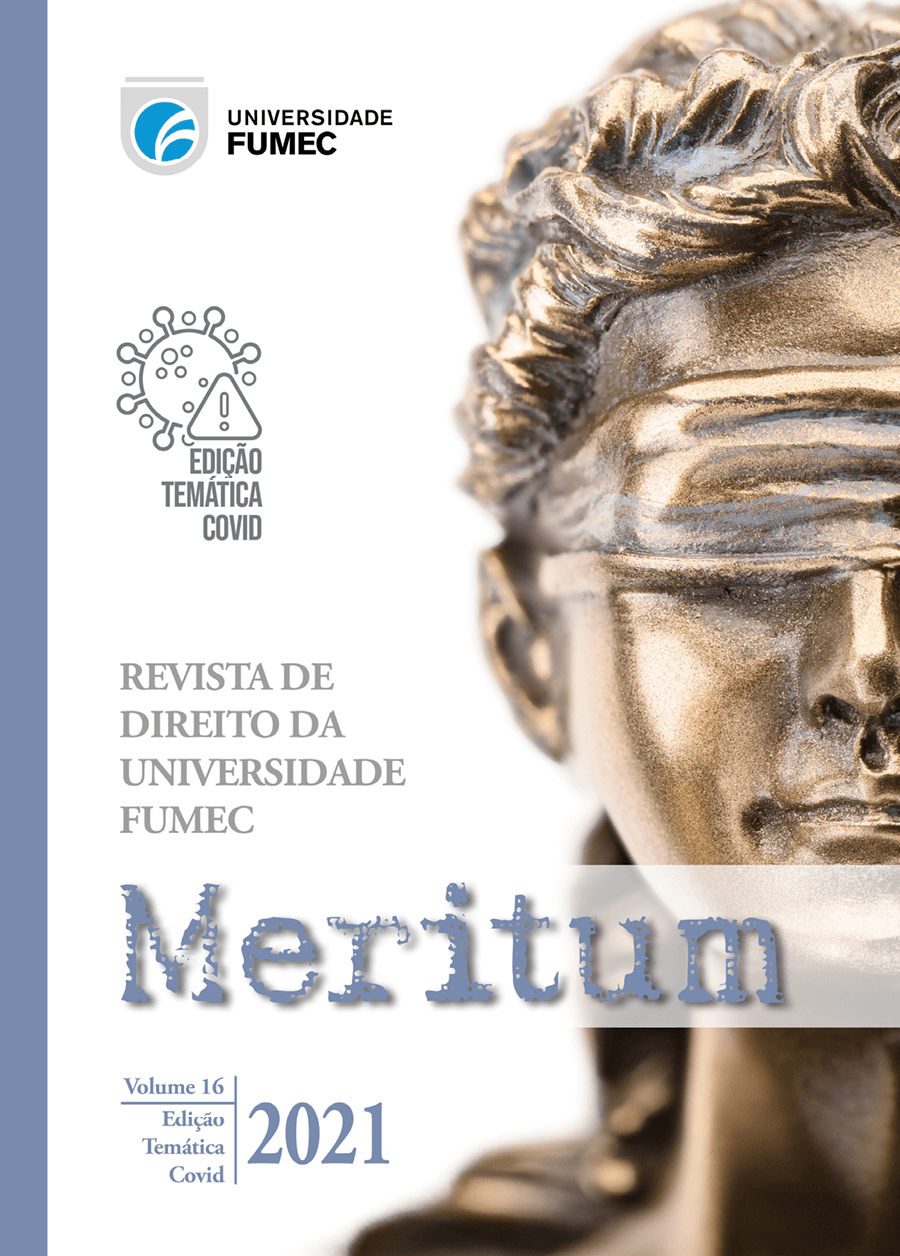PERSONAL DATA SHARING AND THE FIGHT AGAINST THE COVID-19 PANDEMIC IN BRAZIL
ANALYSIS OF PROVISIONAL MEASURE 954/2020
Keywords:
MP 954/2020. COVID-19. INTIMIDADE, AUTODETERMINAÇÃO INFORMATIVA. DEMOCRACIAAbstract
Measures to fight against the pandemic caused by COVID-19 are being adopted in several countries. In Brazil, the Provisional Measure 954/2020 was edited, which determined the sharing of brazilians personal data to Brazilian Institute of Geography Statistics (IBGE) for the purpose of statistical production. This article aims to critically reflect on such sharing in view of the fundamental right to privacy and informative self-determination, for this purpose, it is used, especially, the concepts developed by Perez Luño. Therefore, it is investigated how the sharing of personal data, provided for by the Provisional Measure 954/2020, violates the fundamental right to privacy and information self-determination. The possible effects of such sharing in the democratic field are also evaluated. The research has a theoretical-descriptive character and qualitative bias, proposed in a reflective perspective about the risks of personal data sharing operations. The technique of bibliographical research specialized in the subject is used. The article concludes that Provisional Measure 954/2020 did not observe the constitutional and legal limits to protect privacy and the right to informational self-determination, as it did not indicate the necessary protective mechanisms for sharing, nor did it provide telephone users with the option of to authorize or not to transfer the data to IBGE. Furthermore, because it offers potential risks to the democratic balance itself, the sharing of personal data must be accompanied by legal and operational measures that ensure its use solely for the purpose of statistical or health researches.
Downloads
Published
Issue
Section
License
Autores que publicam nesta revista concordam com os seguintes termos:
- Autores mantém os direitos autorais e concedem à revista o direito de primeira publicação, com o trabalho simultaneamente licenciado sob a Licença Creative Commons Attribution que permite o compartilhamento do trabalho com reconhecimento da autoria e publicação inicial nesta revista;
- Autores têm autorização para assumir contratos adicionais separadamente, para distribuição não-exclusiva da versão do trabalho publicada nesta revista (ex.: publicar em repositório institucional ou como capítulo de livro), com reconhecimento de autoria e publicação inicial nesta revista;
- Autores têm permissão e são estimulados a publicar e distribuir seu trabalho online (ex.: em repositórios institucionais ou na sua página pessoal) a qualquer ponto antes ou durante o processo editorial, já que isso pode gerar alterações produtivas, bem como aumentar o impacto e a citação do trabalho publicado (Veja O Efeito do Acesso Livre).






